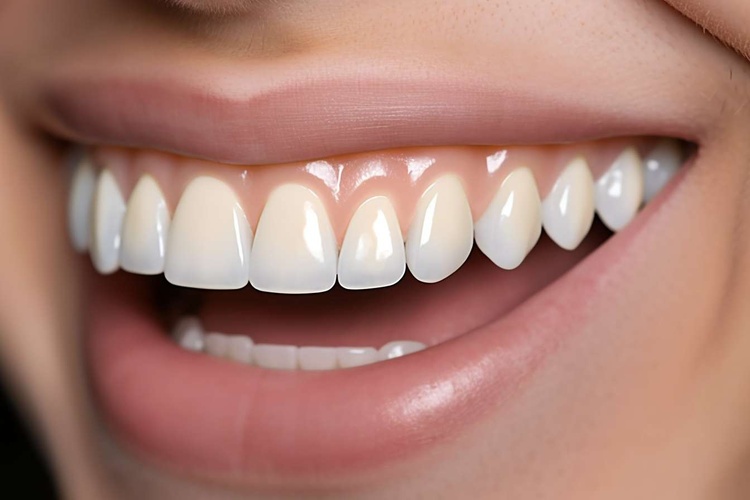How to Get Rid of Bad Breath Right Now
Bad breath affects millions of people worldwide and can significantly impact confidence and social interactions. While many assume the problem stems solely from poor oral hygiene, the reality is more complex. Understanding the root causes of halitosis and implementing comprehensive solutions can help you achieve lasting fresh breath and restore your confidence in social situations.

Bad breath, medically known as halitosis, is a common condition that can have multiple underlying causes. From digestive issues to oral health problems, addressing this concern requires a multifaceted approach that goes beyond surface-level solutions.
Bad Breath Starts in Your Gut — Fix It From Within
Many people don’t realize that digestive health plays a crucial role in breath freshness. When your digestive system isn’t functioning optimally, it can produce compounds that travel through your bloodstream and are eventually expelled through your lungs, creating unpleasant breath odors. Improving gut health through probiotics, digestive enzymes, and a balanced diet rich in fiber can help eliminate these internal sources of bad breath. Foods like yogurt, kefir, and fermented vegetables support healthy gut bacteria, while staying hydrated helps your digestive system process food more efficiently.
Stomach Issues, Poor Hygiene, and Dry Mouth — Targeting All Causes
Bad breath typically stems from three main sources that require different treatment approaches. Stomach issues, including acid reflux and gastroparesis, can cause food particles and stomach acids to create odors. Poor oral hygiene allows bacteria to accumulate on teeth, gums, and tongue, producing sulfur compounds. Dry mouth, whether from medications, medical conditions, or dehydration, reduces saliva production, which normally helps cleanse the mouth of odor-causing bacteria. Addressing each of these factors simultaneously provides the most effective results.
Natural Remedies Combined With Science Create Real Freshness
Effective bad breath treatment combines time-tested natural remedies with scientifically-backed approaches. Natural solutions like oil pulling with coconut oil, chewing fresh herbs like parsley or mint, and using baking soda rinses can help neutralize odors and reduce bacterial growth. Scientific research supports the use of zinc compounds, chlorhexidine mouthwashes, and specific probiotic strains for maintaining oral health. This combination approach addresses both immediate symptoms and long-term oral health maintenance.
Mouthwash Isn’t Enough — You Need a Full Reset
While mouthwash can provide temporary relief, lasting fresh breath requires a comprehensive oral care routine. This includes proper brushing technique for at least two minutes, daily flossing to remove food particles between teeth, and regular tongue cleaning to eliminate bacteria buildup. Professional dental cleanings every six months help remove tartar and plaque that home care cannot address. Additionally, staying hydrated, avoiding tobacco products, and limiting foods high in sulfur compounds contribute to overall oral health.
Clinically-Backed Formulas Provide Confidence in Every Breath
Research-supported ingredients have shown measurable results in clinical studies for treating bad breath. Zinc compounds help neutralize volatile sulfur compounds, while certain essential oils like tea tree and eucalyptus have antimicrobial properties. Chlorine dioxide has been clinically proven to eliminate odor-causing bacteria without disrupting beneficial oral flora. Products containing these ingredients, when used as part of a comprehensive oral care routine, can provide reliable and lasting results for maintaining fresh breath throughout the day.
Treating bad breath effectively requires understanding its various causes and implementing a multi-pronged approach. By addressing digestive health, maintaining proper oral hygiene, staying hydrated, and using clinically-proven ingredients, you can achieve lasting fresh breath and renewed confidence in your daily interactions.
This article is for informational purposes only and should not be considered medical advice. Please consult a qualified healthcare professional for personalized guidance and treatment.




